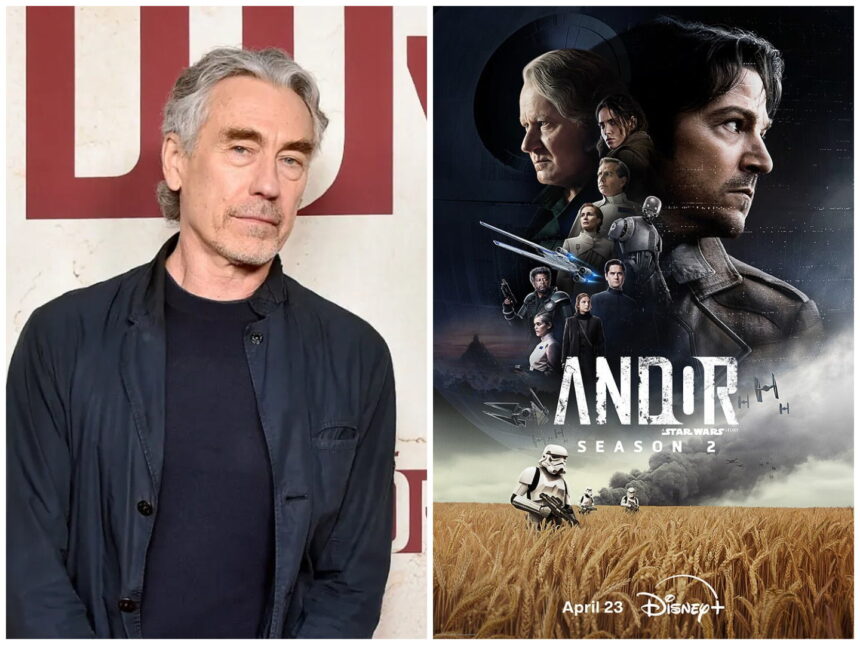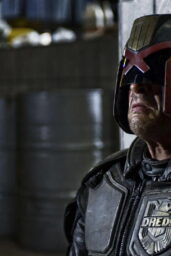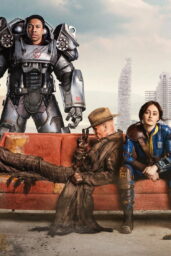Nothing about this should've worked.
The head writer was MIA during filming. The scripts were locked right before the WGA strike. And by the time Tony Gilroy returned, Andor Season 2 was already in the can—twelve episodes, shot, done. If this were any other franchise, we'd be bracing for a disaster. But Andor? It thrives on improbability.
Gilroy didn't just dodge a production meltdown. He stumbled into a rare creative vantage point: watching his show as the audience will. “I'd pay $50,000 if I could see my movie for the first time,” he told IndieWire—except this time, he got to.
And what he saw? “Absolutely my best work.”
Let's talk structure—because Gilroy sure did.
Andor Season 2 plays out like a time bomb. Each three-episode arc? Three days in real time. Then—boom—jump ahead a year. Rinse. Repeat. It's a jarring rhythm that shouldn't flow… but it does. Gilroy compared it to a “problem-solve that energizes itself.” It's like narrative Jenga: pull out all the slow-moving connective tissue and see what still stands. Apparently, a lot.
It also rejects the franchise's worst habit: exposition bloat. No clunky “Last time on…” montages. No “Hey, didn't you used to be a Jedi?” dialogue dumps. Gilroy trusts us to read the silence between episodes. And it's a gamble that echoes how prestige TV once redefined crime dramas (The Wire) or post-apocalyptic thrillers (The Leftovers): trust the audience, and they'll pay attention.
This is the anti-Mandalorian. And maybe that's the point.
Where other Star Wars spinoffs chase cameos and nostalgia like a dog after a tennis ball, Andor keeps its collar off. Gilroy's guiding principle isn't “more Star Wars.” It's “more truth.” He's not interested in Death Stars. He's interested in what builds one—and what breaks people along the way.
It's no accident that Gilroy's team includes heavyweight writers like Beau Willimon (House of Cards) and Dan Gilroy (Nightcrawler). This isn't a fanservice factory. It's political noir dressed as space opera. And Gilroy? He's pulling a Soderbergh move—quietly reinventing a genre from within its system.
Sound familiar? It should.
When Michael Clayton dropped in 2007, no one expected a legal thriller to gut-punch audiences harder than any summer blockbuster. But it did—because Gilroy knew when to whisper instead of shout. Andor Season 2, if early signs hold, is applying that same principle to a galaxy far, far away. Only this time, there are droids.
Like Children of Men or The Americans, Andor isn't about spectacle—it's about systems. And resistance. And the thousand quiet compromises that calcify into empire. It's a Star War, yes—but also a slow burn about what makes rebellion worth it.
So here's the uncomfortable truth:
Gilroy might be right. This is his best work.
And he barely touched the set.
Would you risk your $19 on that claim?
Comment below.











